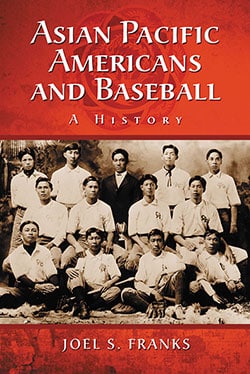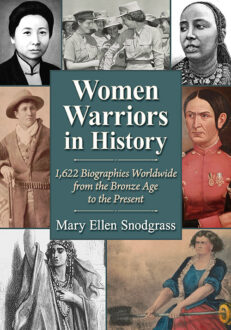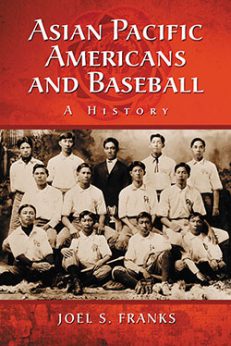Asian Pacific Americans and Baseball
A History
$29.95
In stock
About the Book
With the rise of stars such as Hideo Nomo, Ichiro Suzuki, and now Daisuke Matsuzaka, fans today can easily name players from the island country of Japan. Less widely known is that baseball has long been played on other Pacific islands, in pre-statehood Hawaii, for instance, and in Guam, Samoa and the Philippines. For the multiethnic peoples of these U.S. possessions, the learning of baseball was actively encouraged, some would argue as a means to an unabashedly colonialist end.
As early as the deadball era, Pacific Islanders competed against each other and against mainlanders on the diamond, with teams like the Hawaiian Travelers barnstorming the States, winning more than they lost against college, semi-pro, and even professional nines. For those who moved to the mainland, baseball eased the transition, helping Asian Pacific Americans create a sense of community and purpose, cross cultural borders, and—for a few—achieve fame.
About the Author(s)
Bibliographic Details
Joel S. Franks
Format: softcover (6 x 9)
Pages: 224
Bibliographic Info: 21 photos, notes, bibliography, index
Copyright Date: 2008
pISBN: 978-0-7864-3291-2
Imprint: McFarland
Table of Contents
Acknowledgments vi
Preface 1
Introduction 5
I. Baseball and Imperial America in the Philippines and Hawaii 15
II. Baseball and Asian Pacific American Communities on the Hawaiian Islands 35
III. Baseball and Asian Pacific American Communities on the American Mainland 56
IV. Asian Pacific American Amateurs and Semi-Pros 73
V. Barnstorming the Mainland with the Hawaiian Travelers, 1912–1916 101
VI. Asian Pacific American Minor Leaguers 127
VII. Asian Pacific American Big Leaguers in the United States and Japan 157
Afterword 191
Chapter Notes 193
References 209
Index 213
Book Reviews & Awards
“this book will serve as an essential reference source on Asian Pacific American baseball”—Nine; “the scope and depth of Franks’s research and merit commendation. Augmenting the literature of sports and American multiculturalism, Franks presents a fuller and more mature examination of Hawaiian baseball than previously undertaken”—Journal of Sport History.





